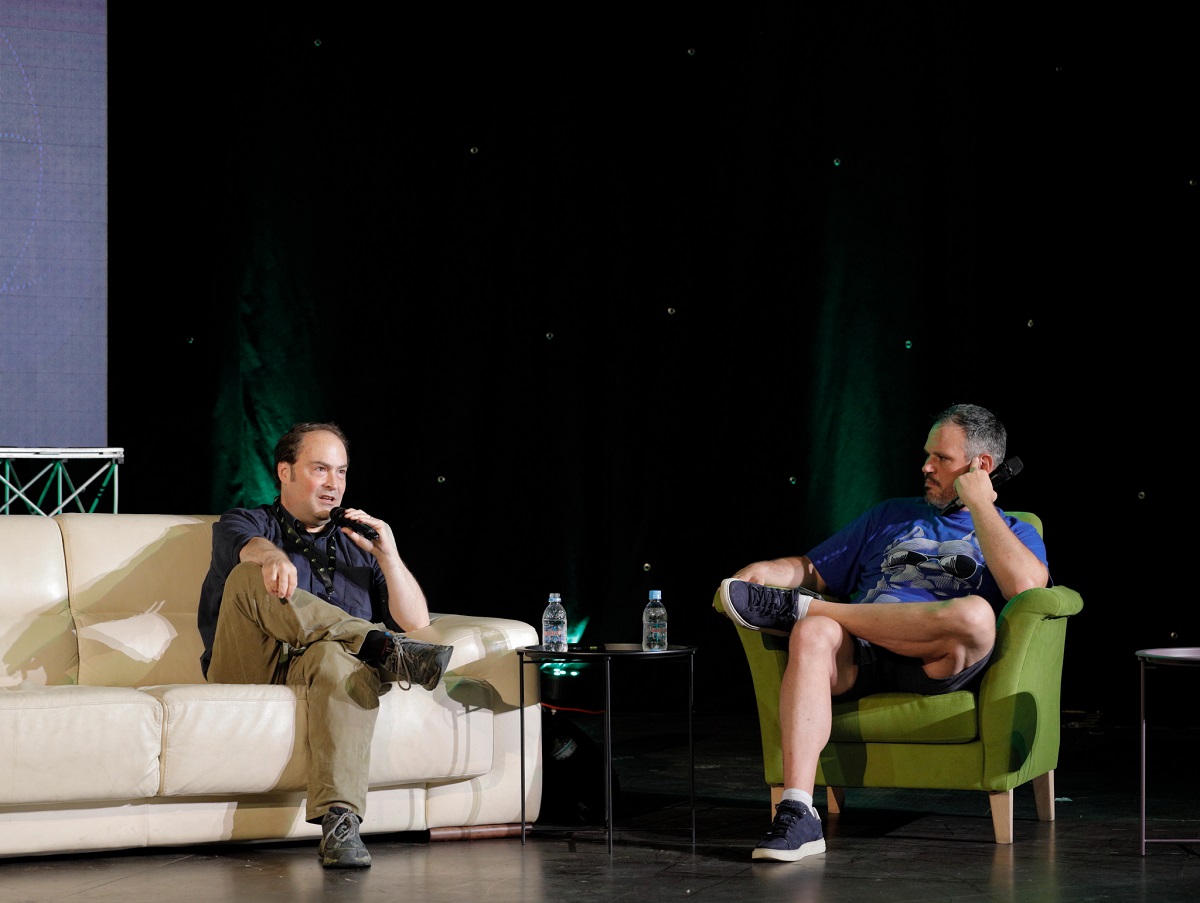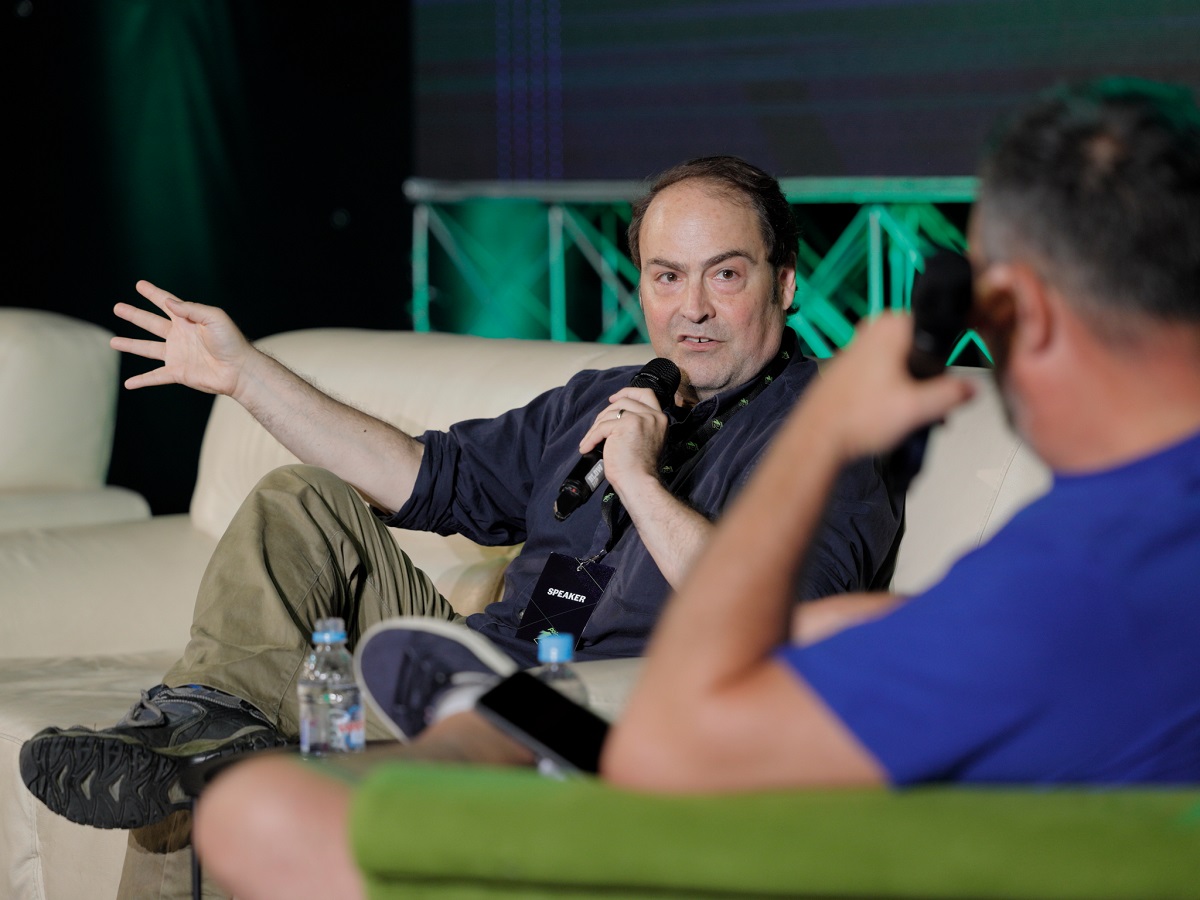Weaponization of Fact-Checking Tropes as a Disinformation Tactic
In a compelling session titled “Weaponization of Fact-Checking Tropes as a Disinformation Tactic” at the 12th POINT Conference, panelists explored how disinformation campaigns have co-opted fact-checking discourse and vocabulary as tools to promote their agendas and undermine the fact-checking process and community. The discussion was moderated by Darko Brkan, executive director of CA “Why Not,” and featured insights from Andy Carvin, research director and managing editor at the Digital Forensic Research Lab (DFRLab) of the Atlantic Council Technology Programs.

Carvin kicked off the session by pointing out that the tactics of presenting disinformation as truth are far from new. He mentioned that there were examples dating back to the 1700s, also noting their common use during the world wars. Carvin explained that in recent times the concept was popularized by former US President, Donald Trump when he started referring to any type of criticism as “fake news”. This marked a shift for researchers, who began using terms like “misinformation” and “disinformation” to avoid the loaded connotations of “fake news.” He also highlighted a concept formulated in the US, the “disinformation industrial complex,” where fact-checkers are accused of being the actual spreaders of disinformation.
The session further explored how disinformation agents are not only co-opting the language of the fact-checking community but also creating fake sites and impersonating real ones. DFRLab first identified fake fact-checking sites in 2019, and this industry has since only grown. Carvin mentioned an instance involving a fake site that appropriated the name of an International Fact-Checking Network (IFCN) member and published content on their behalf.

Brkan shared that this phenomenon is also present in the Southeast Europe region and that “Why Not” had an experience with a disinformation agent mirroring their fact-checking website.
When Brkan asked about strategies to counter these tactics, Carvin responded, “I don’t have an answer on how to tackle that, beyond constant vigilance on our part, understanding that we are seen as legitimate targets for malign actors.” He added, “Ultimately, it’s the louder voices that win.” Carvin suggested that part of the solution involves “naming and shaming” the malign actors, though he acknowledged this is not a definitive solution. He stressed the need for ongoing efforts and creativity in addressing these challenges, as the battle against disinformation is dynamic and requires adaptive strategies.
In response to a question from the audience, Carvin said that he would like to see more humor utilized in the fight against disinformation. “Some regulation, some humor, some loudness and we can make it,” Brkan concluded.
Author: Maida Salkanović